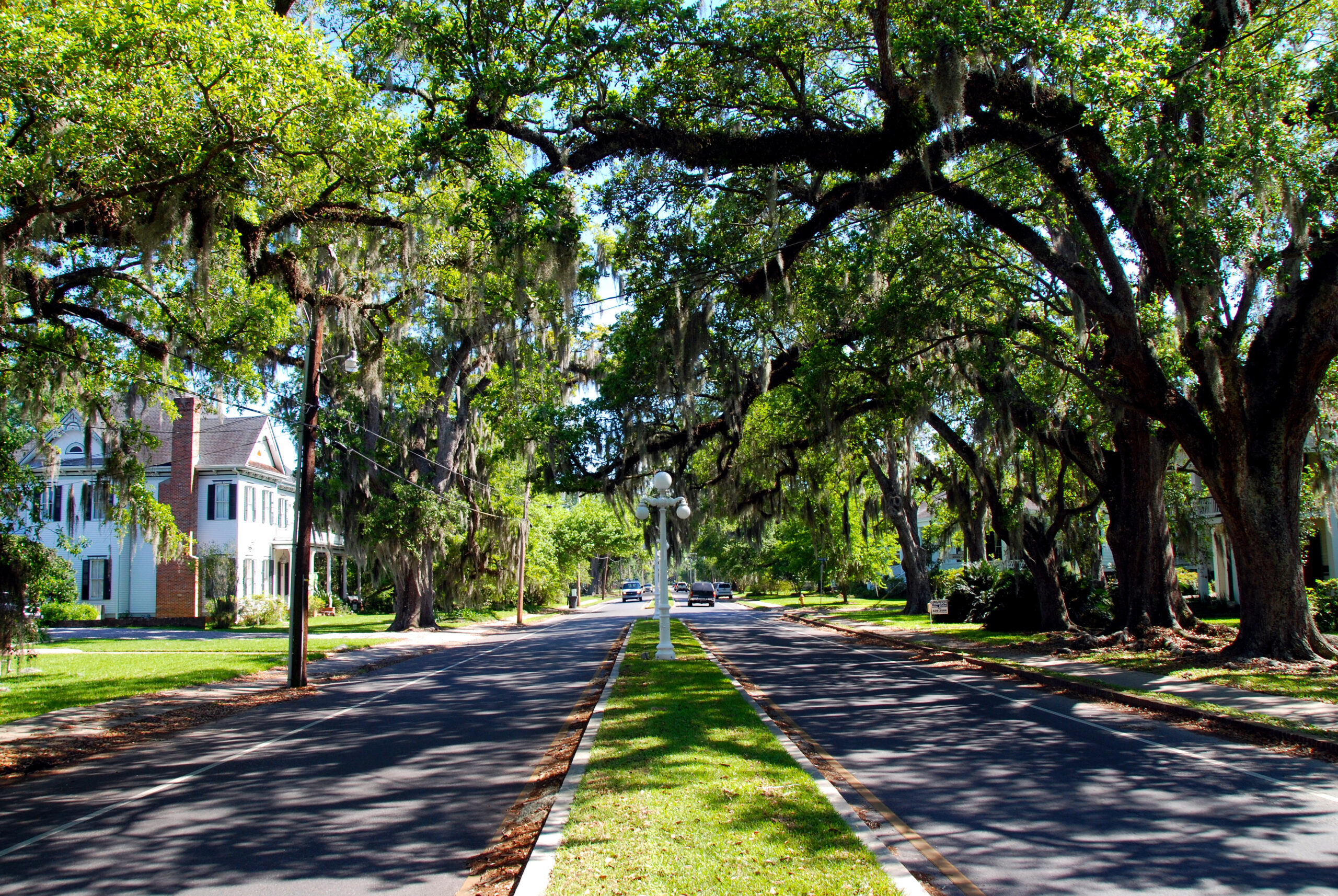
Senator Roger Wicker & CTF Rural Broadband Champions During Webinar Event: Reform Pole Rules Now
With millions of Americans still on the wrong side of the digital divide, federal funding allocated toward expanding rural broadband – such as the $65 billion investment included in the bipartisan infrastructure bill – must be maximized for impact to bring connectivity to rural communities as quickly and efficiently as possible. Congress can do this by reforming outdated utility pole attachment rules.
During a recent webinar event hosted and moderated by Connect the Future’s (CTF) Zachary Cikanek, Senator Roger Wicker (R-MS) joined National Grange’s Burton Eller, Western Carolina UniversityProfessor Edward J. Lopez, former Iowa Lt. Governor Patty Judge, and Schools, Health & Libraries Broadband Coalition’s (SHLB) Ovidiu Viorica to discuss steps we can take today to address the pole access process and help accelerate broadband access for rural and unserved communities.
Here are two main takeaways from the conversation:
Takeaway #1: Unserved, rural communities are disproportionately impacted by our country’s digital divide, and pole access has been a consistent barrier to expanding rural broadband infrastructure.
National Grange’s Burton Eller noted that while reliable internet access certainly remains an issue for some urban centers, many rural communities in the country still lack any broadband access at all. Every panelist agreed that pole access is a particularly critical issue in rural America, where multiple poles are required to bring connectivity to one household as opposed to one pole serving multiple households in urban areas. Professor Edward J. Lopez underscored the tangible economic cost that rural states and communities face when pole access issues are not addressed. He used North Carolina as an example – his report found that North Carolina could ultimately realize well over $3.5 billion in new economic gains through a recently awarded broadband grant to help defray the total cost of expansion and bridge North Carolina’s digital gap. Each month of delayed broadband expansion due to pole attachment issues, however, could mean that the state forgoes at least $14 to $16 million in economic gains.
Former Iowa Lieutenant Governor and current co-founder of Focus on Rural America Patty Judge summed it up bestwhen sheemphasized that if rural Americans want to continue to make a living, educate their children, and support economic growth in their rural hometowns, we must quickly bring down their barriers to broadband deployment to ensure that all rural families have access to reliable, high-speed internet.
Takeaway #2: Federal and state investments in broadband expansion are critical to bridging the rural broadband gap, but to maximize the impact of each dollar invested, we must address pole access issues.
While each panelist talked about the need to bring reliable broadband infrastructure to all Americans regardless of zip code, they agreed that money alone isn’t enough to bridge the rural broadband gap. Sen. Roger Wicker emphasized that billions have already been invested by Congress for rural broadband expansion – it’s now a matter of making sure that the money is well-spent to actually connect Americans.
CTF Executive Director Zachary Cikanek noted that reforming the pole attachment process – a process that currently is time-consuming and unnecessarily costly for broadband providers – would maximize the impact of each dollar invested toward rural broadband expansion. Schools, Health & Libraries Broadband Coalition (SHLB)’s Ovidiu Viorica pointed to the organization’s recently released Pole Attachment Principles as a valuable framework that aims to streamline and guide fairer pole attachment and pole replacement policies moving forward.
Federal policymakers must ensure a faster, fairer process for utility pole access, replacements, and dispute resolution for broadband infrastructure so that unserved, rural communities can be connected, without delay.